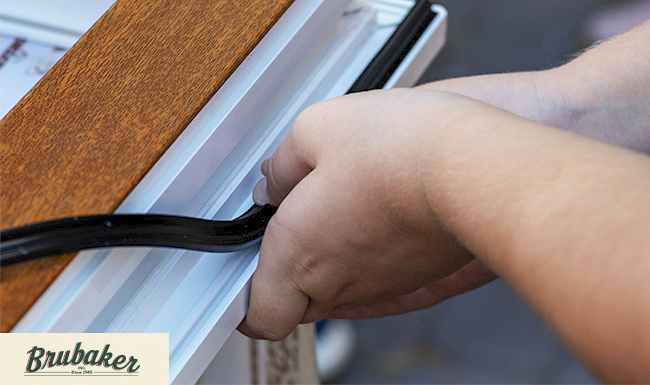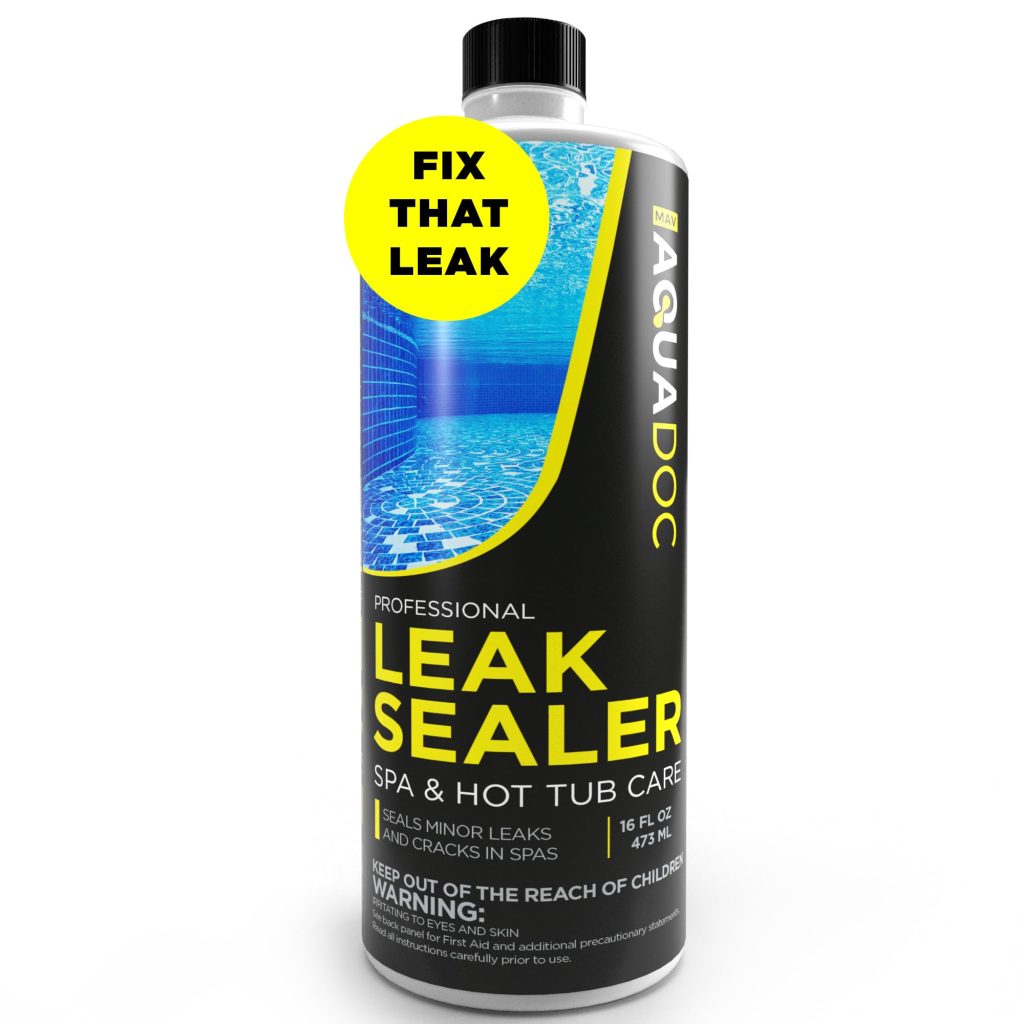HVAC leak sealers are often temporary solutions that may lead to system clogs and costly replacements. It is essential to research and consider long-term effects before using them.
HVAC leak sealers like AC Leak Freeze Pro come in various brands and prices, offering different features and benefits. Understanding their application, compatibility with refrigerants, and installation process is crucial to mitigate any potential risks. For accurate and reliable results, it is advisable to consult with HVAC professionals for guidance on choosing the most suitable leak sealer for your system.
Regular maintenance and professional servicing remain key factors in preventing leaks and preserving the efficiency of your HVAC unit.

Credit: www.amazon.com
How Hvac Leak Sealers Work
When it comes to HVAC systems, leak sealers play a crucial role in maintaining efficiency and preventing refrigerant loss. HVAC leak sealers work by sealing off small leaks within the system, ensuring optimal performance without the need for costly repairs or replacements.
Understanding The Mechanism
- HVAC leak sealers contain specialized compounds that react with moisture and air when they come into contact with a leak.
- The sealant forms a permanent bond with the leak site, creating a tight seal that prevents further refrigerant leakage.
- This mechanism helps to prolong the life of the HVAC system and maintain its cooling capacity.
Compatibility With Different Refrigerants
- HVAC leak sealers are designed to be compatible with a wide range of refrigerants, including R-134a, R-410a, and more.
- This ensures that the sealant can effectively seal leaks in various types of HVAC systems without causing damage or degradation.
- Whether you have a residential or commercial HVAC unit, leak sealers offer a versatile solution for improving system performance and efficiency.

Credit: www.brubakerinc.com
Types Of Hvac Leak Sealers
Aerosol Sealants
Aerosol sealants are easy-to-use products that come in spray cans. They are designed to seal leaks in HVAC systems by forming a protective layer over the damaged area.
Direct Inject Sealants
Direct inject sealants are specialized products that are directly injected into the HVAC system to seal leaks. These sealants are effective in targeting and repairing leaks in the system.
Effectiveness Of Hvac Leak Sealers
The use of HVAC leak sealers has become a popular method for addressing air conditioning and refrigeration system leaks. These sealers are designed to effectively seal small to moderate leaks in the system, providing an easy and cost-effective solution to potentially expensive repairs. However, it’s essential to understand the temporary and permanent nature of these solutions, as well as the potential risks associated with their usage.
Temporary Vs Permanent Solutions
When considering the effectiveness of HVAC leak sealers, it’s crucial to differentiate between temporary and permanent solutions. Some sealants are intended to provide a quick fix for immediate leaks, offering temporary relief until a more permanent repair can be made. On the other hand, other sealants are formulated to provide lasting and permanent sealing of leaks, ensuring prolonged system integrity without the need for further interventions. By understanding the distinctions between these solutions, users can make informed decisions based on their specific needs and requirements.
Potential Risks Of Using Sealants
While HVAC leak sealers offer a convenient and cost-effective alternative to traditional repair methods, it’s important to be aware of the potential risks associated with their usage. Some sealants may introduce contaminants or particles into the system, leading to clogs or impediments that could compromise overall system performance. Additionally, incompatibility with certain refrigerants or materials could result in unforeseen issues, necessitating further repairs. By assessing the potential risks and seeking professional guidance, users can mitigate these concerns and ensure the effective and safe application of HVAC leak sealers.

Credit: www.amazon.com
Choosing The Best Hvac Leak Sealer
Looking for the best HVAC leak sealer? Check out these top options from trusted brands like RectorSeal and AC Leak Freeze Pro. With prices starting as low as $27. 99 and free shipping available, you can easily seal and repair leaks in your HVAC system.
If you have an HVAC system, you know that leaks can be a major concern. Not only can they lead to decreased efficiency and increased energy costs, but they can also cause damage to your system and the surrounding area. That’s where HVAC leak sealers come in. These products are designed to seal leaks in your HVAC system, preventing further damage and improving its performance. But with so many options on the market, how do you choose the best one for your needs? In this article, we’ll discuss the factors you should consider when choosing an HVAC leak sealer, and provide some product recommendations to help you make an informed decision.
Factors To Consider
When selecting an HVAC leak sealer, there are several factors you should take into account:
- Compatibility: Ensure that the leak sealer you choose is compatible with your HVAC system. Different sealers are designed to work with specific types of refrigerants, so it’s important to check the product specifications to ensure compatibility.
- Ease of Use: Look for a leak sealer that is easy to use. Ideally, it should come with clear instructions and be suitable for DIY installation. This will save you time and effort in the long run.
- Efficacy: The primary goal of an HVAC leak sealer is to seal leaks effectively. Look for a product that is known for its efficacy in sealing leaks of various sizes. Customer reviews can be a helpful resource in determining the effectiveness of a particular product.
- Longevity: Consider the longevity of the seal. Does the product provide a permanent fix, or is it a temporary solution? A long-lasting seal will save you from the hassle of repeated applications.
- Compatibility with Oils and Lubricants: If your HVAC system uses oils or lubricants, ensure that the leak sealer is compatible with them. Some sealers are formulated to work well with these substances, while others may cause clogs or other issues.
Product Recommendations
Based on the above factors, here are some HVAC leak sealers that are highly recommended:
| Product | Price | Availability |
|---|---|---|
| RectorSeal AC Leak Freeze Pro Series – with Nano Particles | $76.54 | eComfort.com |
| AC Leak Freeze Refrigerant AC Stop Leak | $73.22 | DIY Direct Supply |
| RectorSeal AC Leak Freeze Pro Series – Magic Frost – with Nano Particles | $97.30 | eComfort.com |
| RectorSeal AC Leak Freeze Pro Series – UV – with Nano Particles | $76.54 | eComfort.com |
| Leak Saver Direct Inject UV Refrigerant Leak Sealer with Added UV Dye to Detect Large Leaks | $36.95 | Fast pickup or delivery |
These leak sealers have been highly rated by customers and are known for their compatibility, ease of use, efficacy in sealing leaks, and longevity of the seal. It’s always a good idea to read customer reviews and check with HVAC professionals to find the best leak sealer for your specific needs.
Frequently Asked Questions On Hvac Leak Sealer
Does Hvac Leak Sealer Work?
Yes, some HVAC leak sealers may work temporarily, but they might eventually clog the A/C system, requiring costly replacement. For significant leaks, a sealer may not be effective.
What Is The Best Stop Leak For Ac System?
The best stop leak for AC system is EasySeal Ultimate from Nu-Calgon. It works with all refrigerants and is non-clogging.
How Do You Fix A Leaking Hvac System?
To fix a leaking HVAC system, use a reputable leak sealer to seal the leak temporarily. Avoid low-quality sealers that may clog the system and lead to costly replacements.
What Is The Most Common Hvac Leak?
The most common HVAC leak is in the refrigerant lines. It can lead to reduced cooling or heating efficiency.
Conclusion
Finding a reliable HVAC leak sealer is crucial for ensuring the longevity and efficiency of your HVAC system. Although various products are available, it is essential to choose one that offers a lasting solution without causing potential damage. Trusting professional guidance and using high-quality sealers can ultimately save you from costly repairs and replacements.

